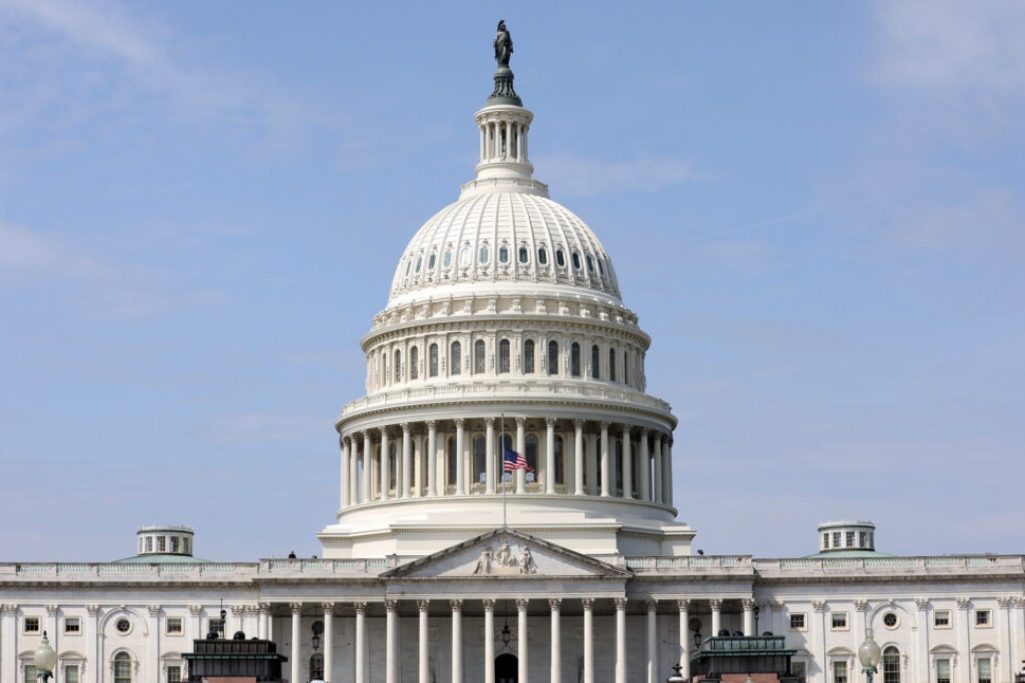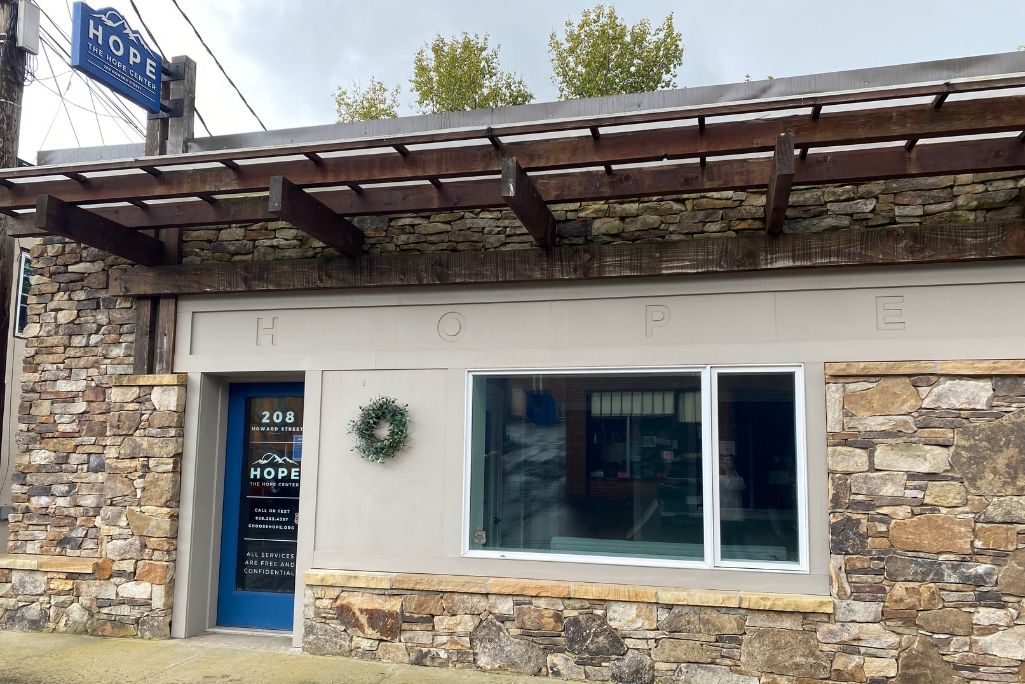The Ethics & Religious Liberty Commission (ERLC) has joined in a request of the U.S. Supreme Court to protect the freedom of a condemned Texas inmate to have a Southern Baptist pastor lay hands on and pray for him when he receives a lethal injection.
The Southern Baptist Convention (SBC) entity co-signed with six other faith or religious freedom organizations a friend-of-the-court brief filed Sept. 27 by the Christian Legal Society in support of John Ramirez’s free exercise of religion. The brief contended Texas’ policy violates a federal law enacted in 2000 that prohibits the government from substantially burdening the religious free exercise of a prisoner.
The high court will hear oral arguments Nov. 1 in the case, Ramirez v. Collier.
Ramirez, 37, sued Texas prison officials in August for refusing to permit Dana Moore, pastor of Second Baptist Church in Corpus Christi, to minister to him when he is executed. The Supreme Court granted a stay of the execution Sept. 8, the same night Ramirez was scheduled to receive the death penalty for a 2004 murder in Corpus Christi.
Brent Leatherwood, the ERLC’s acting president, said the high court “should overrule Texas’ ban and allow this important and solemn moment of ministry to proceed.”
“Religious freedom doesn’t end as you approach the moment of death, and we have joined a brief saying as much,” Leatherwood said in written comments. “The state has yet to make a compelling argument for why Pastor Moore, an SBC pastor, cannot minister to Mr. Ramirez in these final moments.”
Ramirez based his request for the stay on the Religious Land Use and Institutionalized Persons Act (RLUIPA), and the ERLC-endorsed brief argued the state failed a test established by that federal law. RLUIPA bars the government from substantially burdening the free exercise of religion not only by an inmate but by a person or institution in land-use cases. The government, however, can gain an exemption from the law if it can show it has a compelling interest and is using the “least restrictive means” to further that interest.
Under RLUIPA, Texas has failed to show “its blanket prohibition on spiritual advisors engaging in audible prayer or physical touching of the prisoner furthers ‘a compelling government interest’ and is the ‘least restrictive means of furthering’” such a compelling interest, according to the brief.
The state has fallen short of meeting RLUIPA’s requirement that it “present specific evidence – not merely generalized assertions or speculations – as to why banning these practices is necessary to serve order and security,” the brief said.
Texas “does not say precisely what the security or safety concerns are or how audible prayers or touching would necessarily undermine its interests,” according to the brief.
Even if the state shows its bans on physical touch and audible prayer promote a compelling interest, it also must demonstrate they are the “least restrictive means” to achieve that interest, the brief said.
“[Texas] has multiple less restrictive means of maintaining order and security, and it has not demonstrated that these are inadequate.”
The brief contended Ramirez should be granted a continued injunction blocking his execution without the right to exercise his religion freely. It also argued the Supreme Court should remand the case to a lower court, if Texas maintains its ban, for consideration of a permanent injunction against the state prohibition.
In addition to the ERLC, also signing onto the Christian Legal Society brief were the National Association of Evangelicals, Baptist Joint Committee for Religious Liberty, Anglican Church in North America, General Conference of Seventh-day Adventists, Rutherford Institute and Queens (N.Y.) Federation of Churches.
In his lawsuit, Ramirez is described as a “devout Christian.” Moore has ministered to Ramirez since 2016, when the prisoner was accepted as a member of Second Baptist Church. In 2008, Ramirez was convicted of the murder of convenience store clerk Pablo Castro, whom he stabbed 29 times during a robbery.
Ramirez filed an emergency application with the Supreme Court after a federal judge and the Fifth Circuit Court of Appeals in New Orleans both refused to halt the execution.
The application said the current ban by the Texas Department of Criminal Justice not only on Moore laying hands on Ramirez but praying and reading the Bible ignores “less restrictive alternatives.” Moore could pray, sing prayers or read scripture next to Ramirez or further away, according to the application.
The Texas Department of Criminal Justice changed its policy on permitting clergy in the execution chamber after the Supreme Court stayed Patrick Murphy’s execution in 2019 because his Buddhist spiritual advisor was not allowed to be present though Christian and Muslim chaplains were. The department barred all spiritual advisors from the execution chamber until it revised its policy in April of this year to permit their presence. Chaplains are not permitted to pray or read scripture while in the chamber, however.
(EDITOR’S NOTE – Tom Strode is Washington bureau chief for Baptist Press. Timothy Cockes, Baptist Press staff writer, contributed to this article.)


